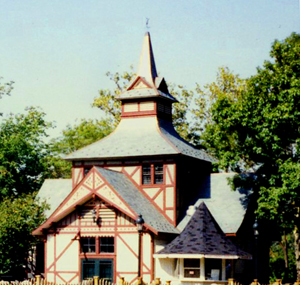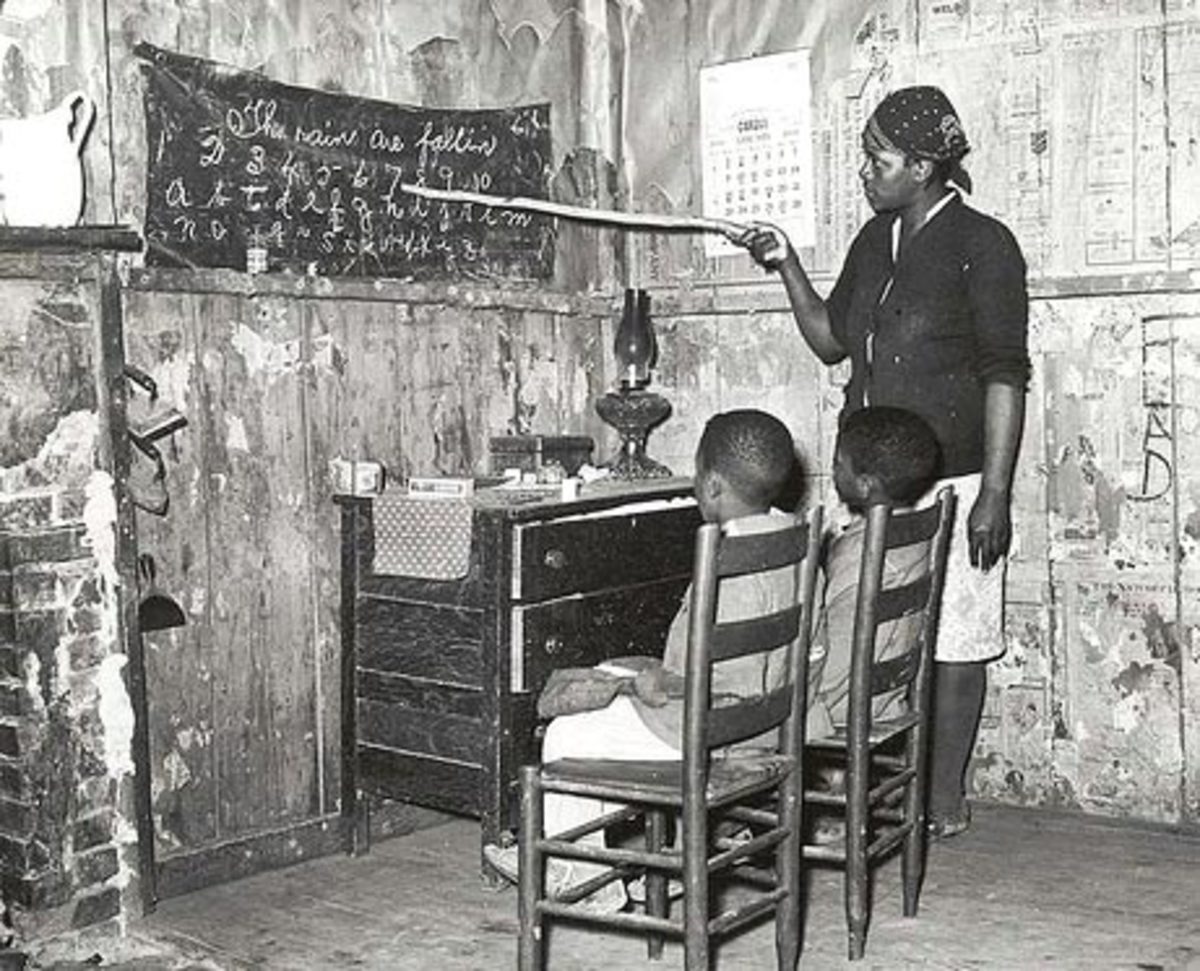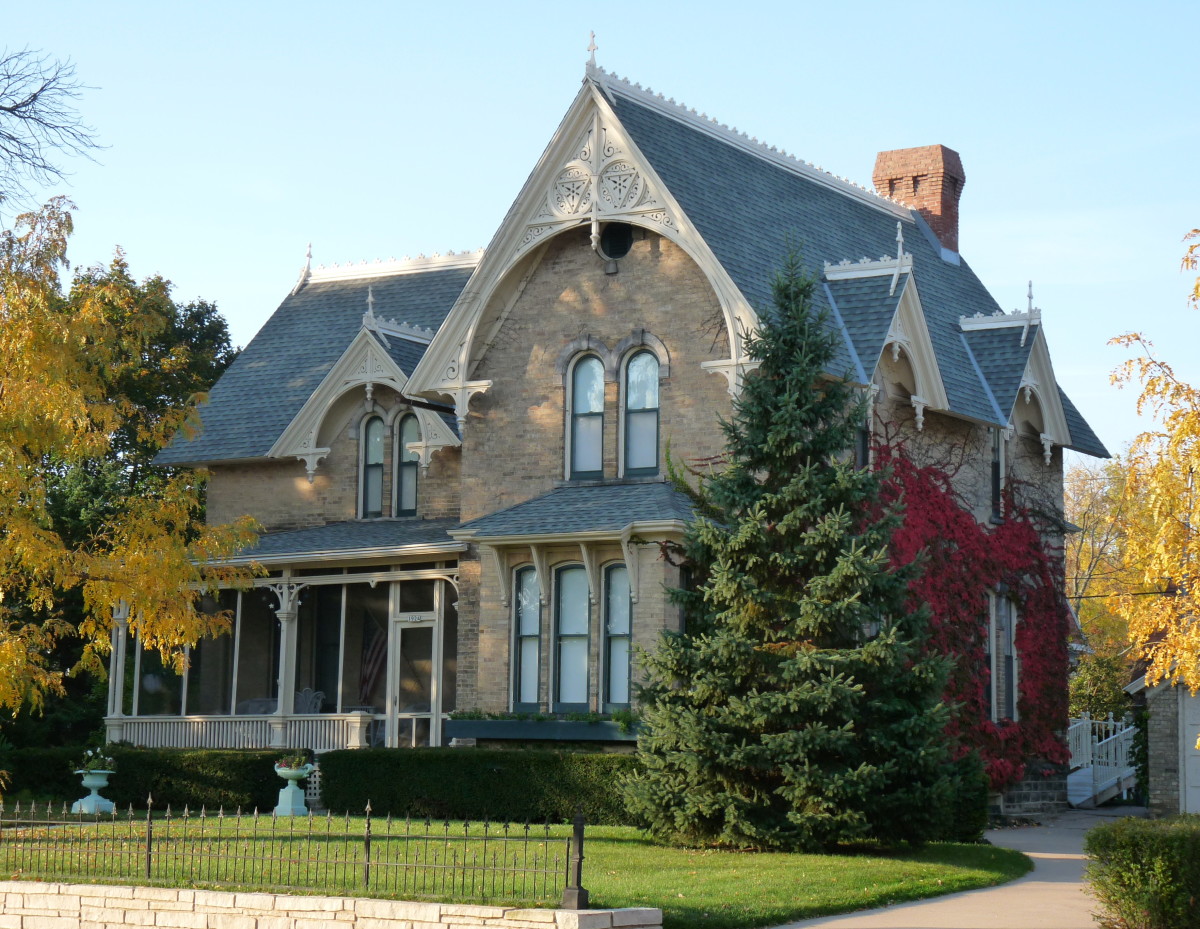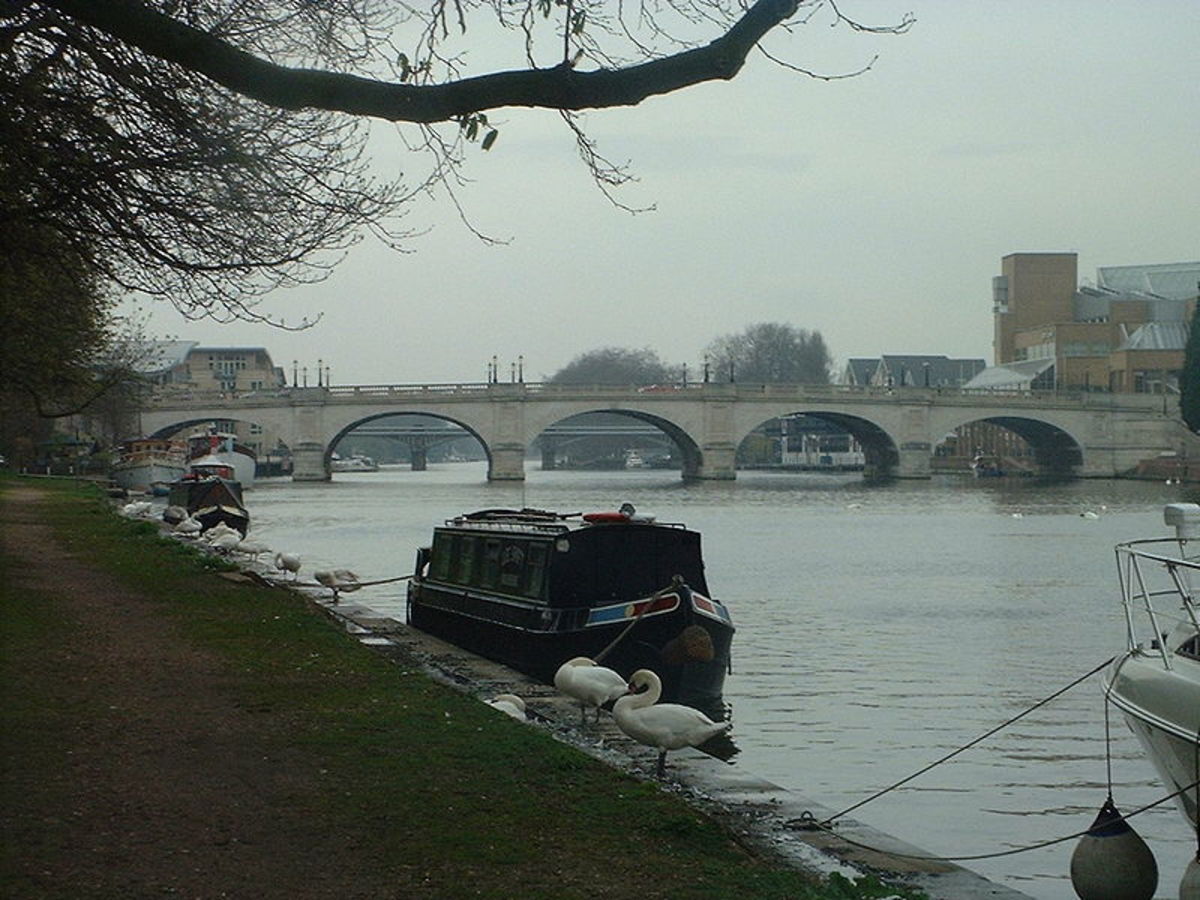Buying Your 1st House: Old vs. New

Some of us love the quaint character of antique leaded glass over a traditional brick hearth. Others enjoy the convenience of the latest household appliances set within the most stylish contemporary cabinets. So, when it comes to buying your first house, should you invest in the old or the new?
Unsurprisingly, there are both pluses and minuses to purchasing an old house, just as there are when buying a new house. Let us try to weigh some of these advantages and disadvantages.
On first impressions, most buyers notice the visual and design advantages an older home might offer — such elements as steep, slate roofs; all-brick exteriors; stone quoins; hearty wood-framed windows; shutters; intricate coves and plaster ceilings; large brick-and-stone hearths; solid wood doors; leaded and stained glass windows; beadboard paneling; one-of-a-kind lighting fixtures; quaint plumbing fittings; quirky room configurations; etc. Many old homes express “character”: a non-homogenized distinction and individuality that speaks of its own past and that of previous residents. Whether due to nostalgia, tradition or a reverence for the historic, we can all hold older homes in our hearts.
But there are often other, subtler advantages to an older home, as well. An older home may have been built more sturdily, using the heftier materials and simpler construction methods of earlier times, giving it great solidity and perhaps continuing durability. It may have all of its settling and accommodation to its site out of its system already. Its grounds and landscaping may have developed an attractive maturity over the years. Some of its features, fittings or furnishings may have historic or antique value in their own right.
Some of the disadvantages of an older home may also be readily apparent to the first-time homebuyer. Will an aging roof survive much longer? Should (and could) older windows be replaced with better-performing multiple-glazed thermal windows? Does the house have air-conditioning? Will its heating system continue to perform adequately and cost-effectively? Can the electrical system carry the increased demand of our power-addicted present lifestyles? Can the family accommodate itself to the quirky room configurations with relative ease of use and furnishing?
Other drawbacks of the older home may be somewhat hidden. What are the insulative qualities of its exterior shell? Are there any structural frailties in its support or framing? How well does the home or its various components resist fire? Are there any lead-based paints in the home?
But there can be drawbacks to a new home as well. It may be one of many clones in a neighborhood or a development, with few if any unique features or variances from its kin. The home may have been constructed of relatively light-duty framing and drywalling, allowing sound and noise to move freely through it. Its interiors may seem boxy, bland and indistinctive. As new, it may command a much higher purchase price than an older home of equivalent living space. And, its grounds may seem sparse and immature.
Of course, a new home can certainly provide some very attractive advantages. It is quite likely that a new home will be fairly well insulated, and be outfitted with multiple-glazed thermal windows. It may hold the latest energy-saving appliances and household conveniences. Its relative newness guarantees the homebuyer an extended service life of roofing, heating system, carpet, fixtures and appliances. If purchased from a builder or as part of a larger residential development, it may offer customization of finishes, materials and colors, or upgrades in fixtures or fittings. It is also likely to embody many of the most current and popular residential design trends and styling flourishes.
And let’s not forget that attractive new home smell!
One is therefore wise to take plenty of time to weigh all of the apparent (and not so apparent) advantages and disadvantages of both old house and new before entertaining a purchase decision.
- Buying Your 1st House: Storage
Quaint, but will it hold everything? - Buying Your 1st House: More Red Flags
Relax and enjoy your first house. - Buying Your 1st House: Watch Your Step(s)
One of the best ways in which you can protect yourself and your family as you buy your first house is to simply watch your step(s). - Buying Your 1st House: Protect Yourself
Protect yourself as you make your home choice. - Buying Your 1st House: Notice the Trees
Trees can add charm, beauty and value to your new home. - Buying Your 1st House: Energy Efficiency
Good for the planet; good for your wallet? - Buying Your 1st House: Red Flags
Finding your ideal first house? - Buying Your 1st House: Structural Concerns
Straight, plumb and true? - Buying Your 1st House: Start with Community
Many first-time homeowners fall in love with a particular kitchen.








